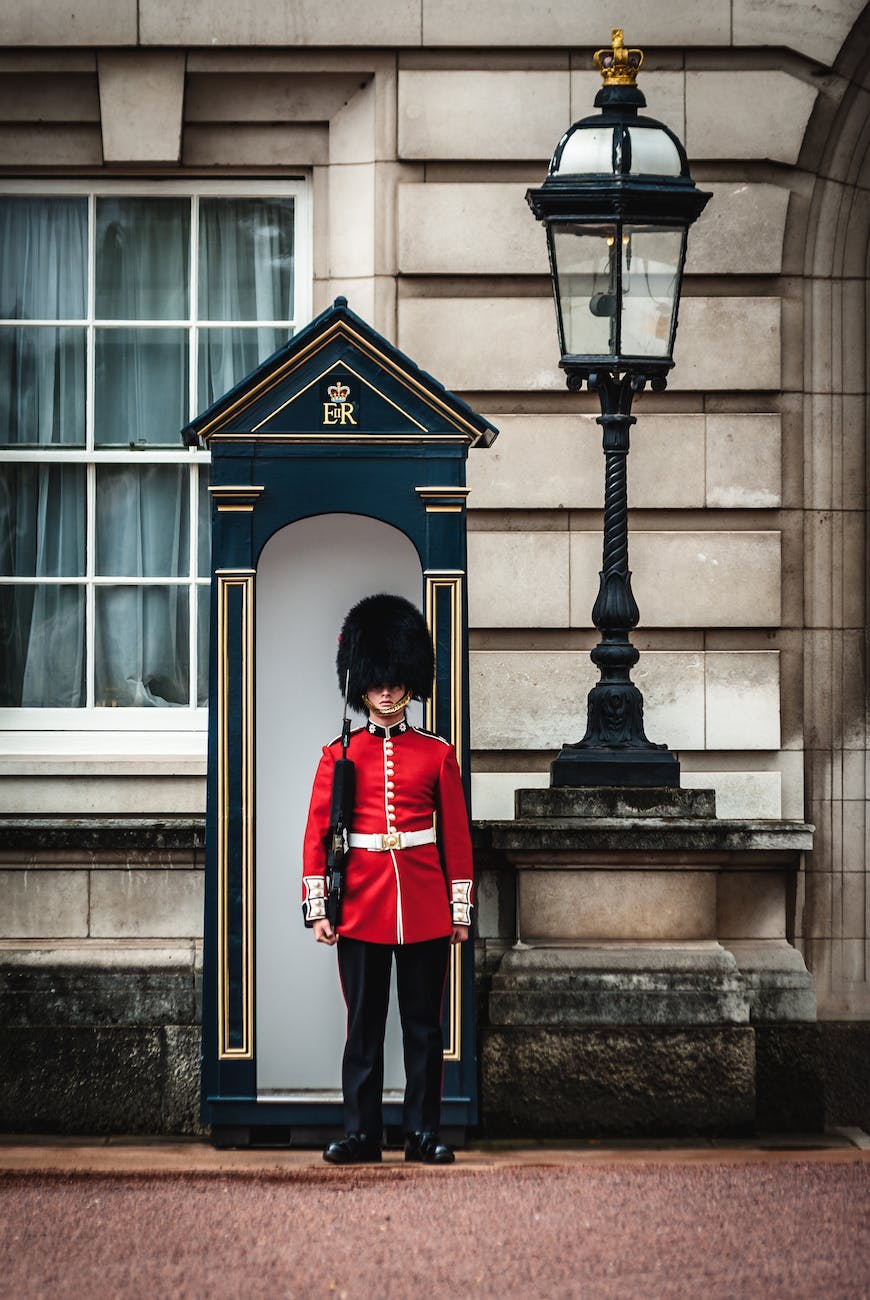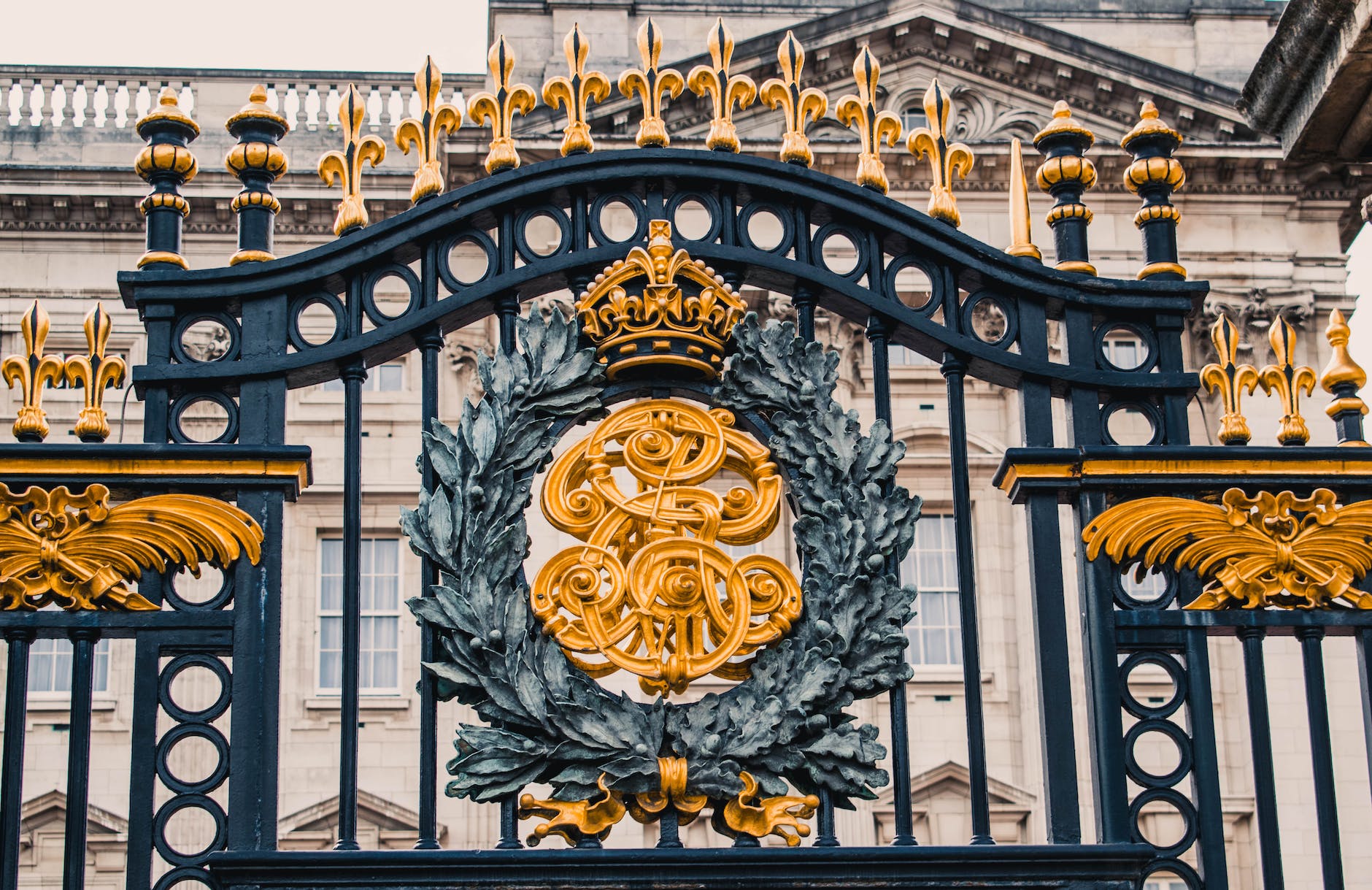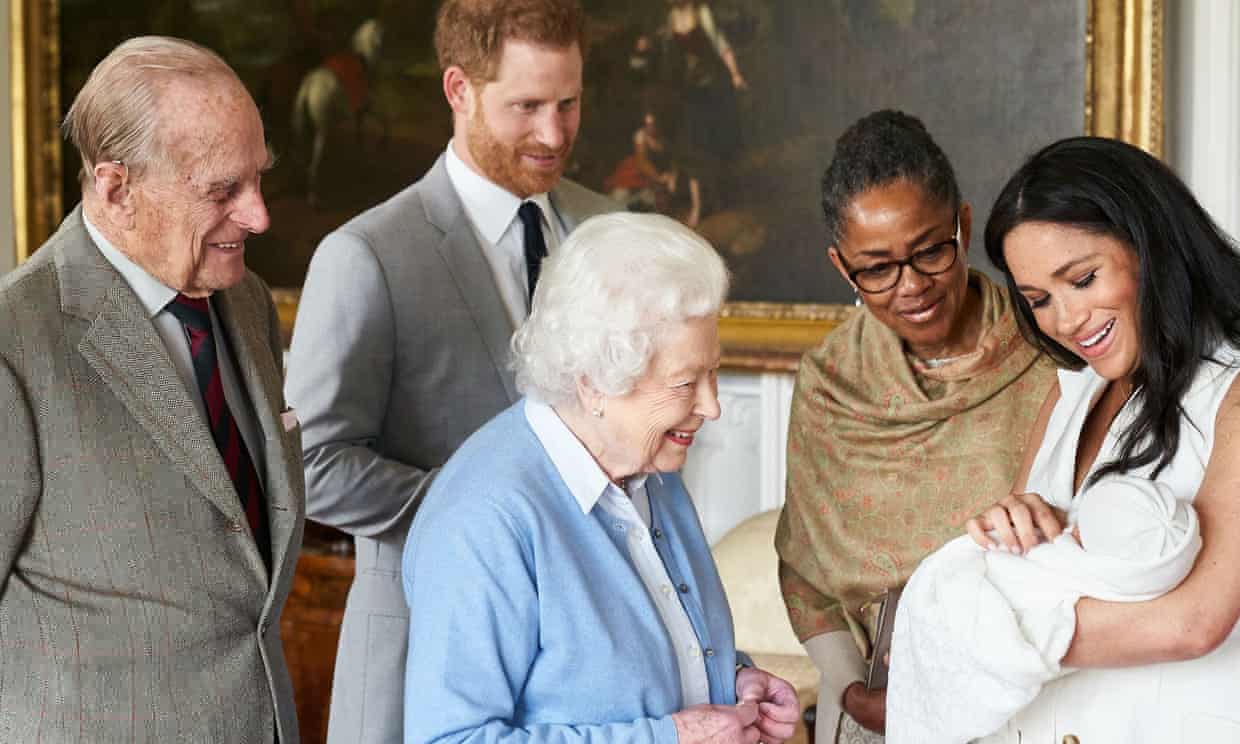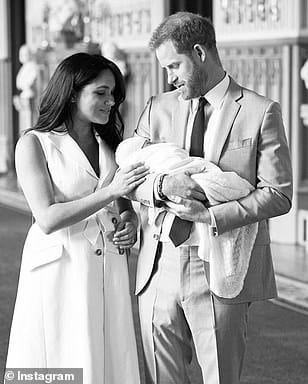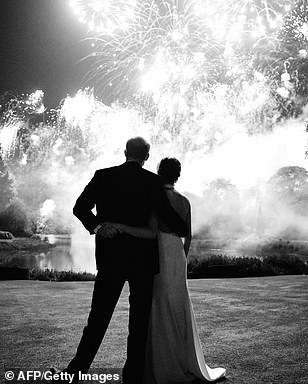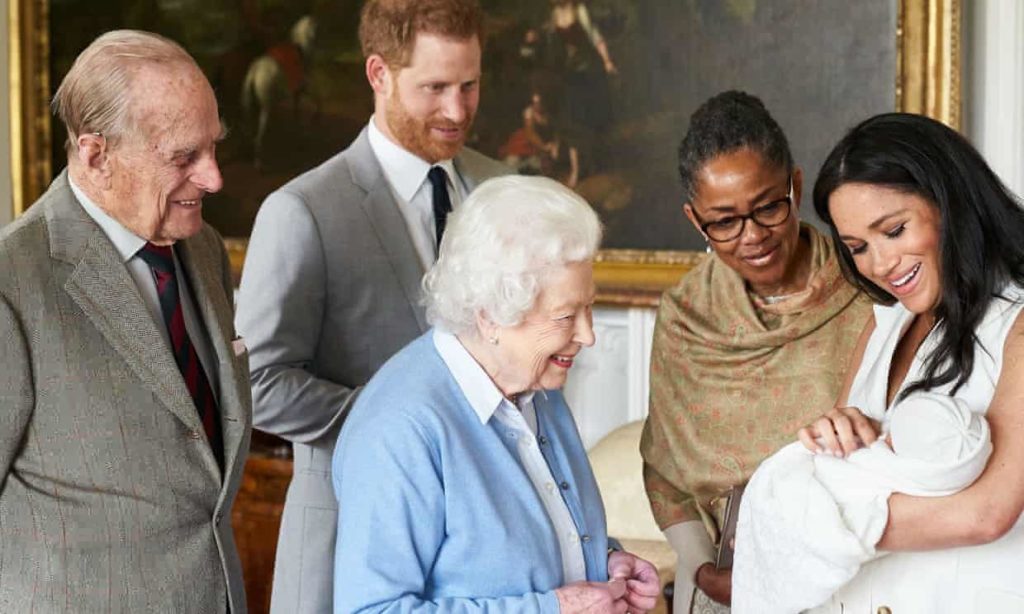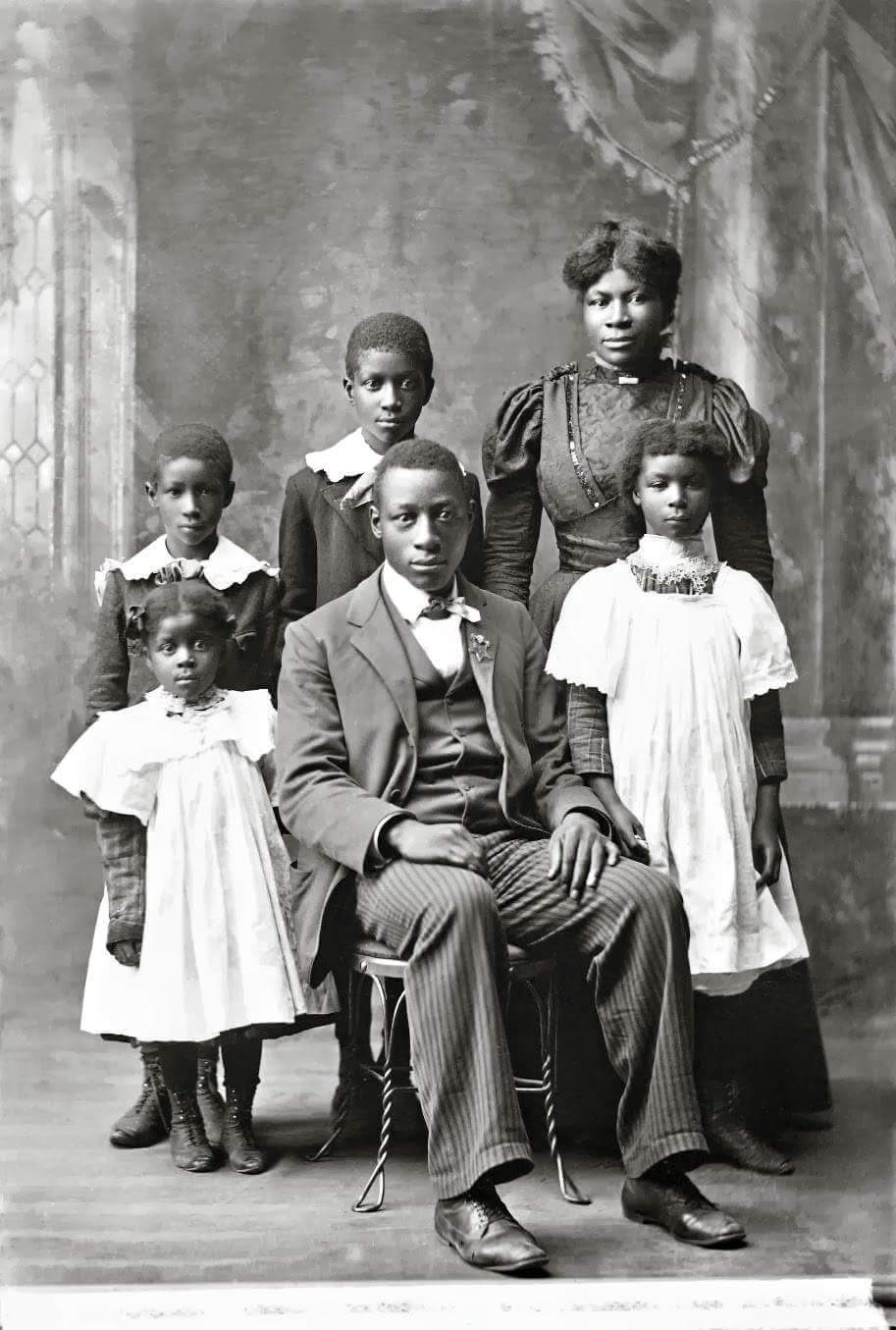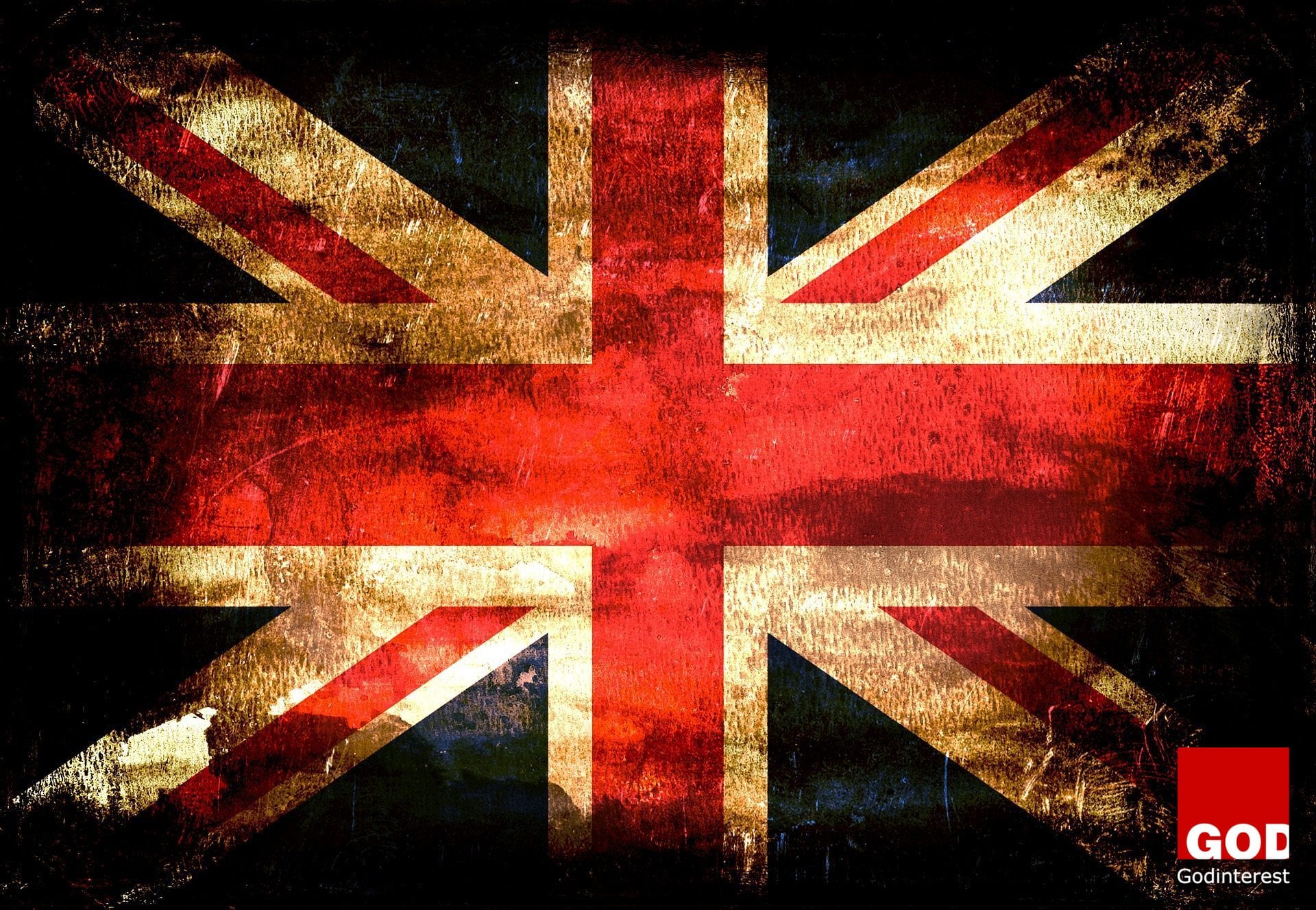As the world mourns the death and celebrates the life of Queen Elizabeth II, It’s often forgotten that she has the title of Supreme Governor of the Church of England. This title reflects her genuine Christian faith, which she often spoke about, and how Jesus was her inspiration who kept her going in good times and bad.
As hard as it was at times, listening to all the colonialist rhetoric, here are some inspirational quotes testifying of her love and acceptance of Christ and His word.
“For me, as a Christian, one of the most important teachings is contained in the parable of the Good Samaritan, when Jesus answers the question, ‘Who is my neighbour?’ It is a timeless story of a victim of a mugging who was ignored by his own countrymen but helped by a foreigner – and a despised foreigner at that. The implication drawn by Jesus is clear. Everyone is our neighbour, no matter what race, creed or colour. The need to look after a fellow human being is far more important than any cultural or religious differences.” (Christmas message, 2004)
“I know just how much I rely on my own faith to guide me through the good times and the bad. Each day is a new beginning, I know that the only way to live my life is to try to do what is right, to take the long view, to give of my best in all that the day brings, and to put my trust in God. Like others of you who draw inspiration from your own faith, I draw strength from the message of hope in the Christian gospel.” (Christmas message, 2002)
“For me, the life of Jesus Christ, the Prince of Peace, whose birth we celebrate today, is an inspiration and an anchor in my life. A role model of reconciliation and forgiveness, he stretched out his hands in love, acceptance and healing. Christ’s example has taught me to seek to respect and value all people, of whatever faith or none.” (Christmas message, 2014)
Today, this quote from Queen Elizabeth II holds so much meaning as a she says, “It is true that the world has had to confront moments of darkness this year, but the Gospel of John contains a verse of great hope, often read at Christmas carol services: ‘The light shines in the darkness, and the darkness has not overcome it’… Despite being displaced and persecuted throughout his short life, Christ’s unchanging message was not one of revenge or violence but simply that we should love one another.” (Christmas message, 2015)
Seek the prosperity of the city to which I have sent you as exiles. Pray to the LORD on its behalf, for if it prospers, you too will prosper.” Jeremiah 29:7
Let’s Pray
Yahweh thank you for life and all its ups and downs. Father, please comfort those that mourn today, including the royal family. We pray for strength and comfort as they go through the burial of their mother, grandmother, and auntie. In your Word you say, “…I urge that petitions, prayers, intercessions, and thanksgiving be offered for everyone— for Kings and all those in authority— so that we may lead tranquil and quiet lives in all godliness and dignity. This is good and pleasing in the sight of God our Savior,…” In Christ’s Name, Amen.


